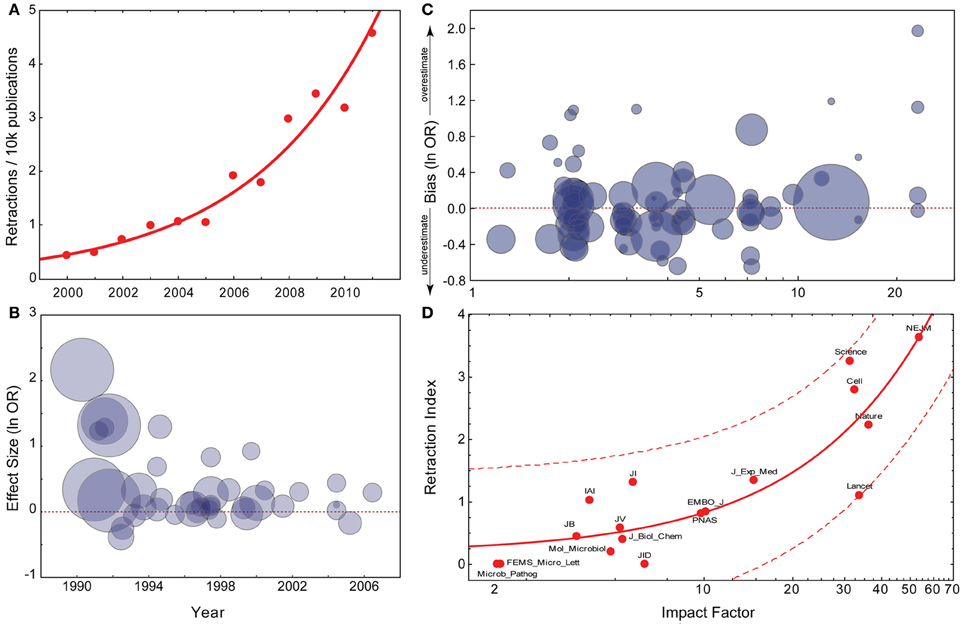
This year marks the 12th anniversary of the publication of this legendary letter to the editor in the Journal of systems and Software: Nothing really has changed in a dozen years, it seems

This year marks the 12th anniversary of the publication of this legendary letter to the editor in the Journal of systems and Software: Nothing really has changed in a dozen years, it seems

This post was originally published on the London School of Economics “Impact of Social Sciences” blog, on July 30, 2013: In various fields of scholarship, scholars accrue reputation via the proxy of the containers they publish their articles in. In most if not all fields, scholarly journals are ranked in a hierarchy of prestige.
You’d be forgiven if after reading the title of this post, you thought scholars have started to revolt against journal rank. Unfortunately, while there is DORA and of course the evidence that journal rank is like homeopathy, most researchers are still fine with ex-scientists rejecting 92% of all submitted articles and charging a grand sum of more than US$30,000 per article that they select on a whim.
This is a slightly edited (amended, essentially) version of my article published today at The Conversation. In cases where a problem within a community is detected and collective action is required to address the problem. one needs to strike a fine line or any efforts to convince the community that action is required will fail.

This morning I was reminded of the age of some of the technology we’re using. Hyperlinks were developed at Stanford University and first demonstrated by their inventor Douglas Engelbart (using the first mouse) in 1968: On Tuesday, Douglas Engelbart died, even before the scholarly literature was able to fully implement the technology he invented, 45 years and counting.
This anecdote made my day today. On a Drosophila researcher mailinglist, someone asked if anybody on the list had access to the Landes Bioscience journal ‘Fly’. I replied by wondering that if #icanhazpdf on Twitter didn’t work, the days of ‘Fly’ are probably counted, with nobody subscribing.
Mike Taylor wrote about how frustrated he is that funders don’t issue stronger open access mandates with sharper teeth. He acknowledges that essentially, the buck stops with us, the scientists, but mentions that pressures on scientists effectively prevent them from driving publishing reform.
The recently released development draft for SHared Access Research Ecosystem (SHARE), authored by the Association of American Universities (AAU), the Association of Public and Land-grant Universities (APLU) and the Association of Research Libraries (ARL) in response to the OSTP memo on public access to federally funded research in the US sounds a lot like the library-based publishing system I’ve been perpetually arguing for.
Today, finally, our manuscript on journal rank is accepted for publication at Frontiers in Human Neuroscience. One may wonder how a paper that reviews the empirical findings around journal rank ends up in a journal about human neuroscience.

Academic publishers have been parasitizing the public purse for long enough now. Steffen Böhm, director of the Essex Sustainability Institute, said it best: In his article, he mentions the successful SciELO project in South America. In a lot of ways, SciELO (scielo.org) is quite close to what I have been arguing for: SciELO means “Scientific Electronic Library Online” and is supported by the Brazilian and Chilean government.